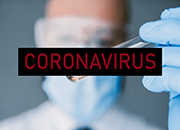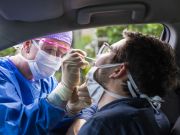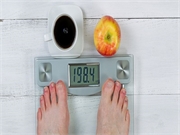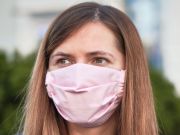
The makeup of bacteria that colonize a man’s penis can help predict the risk of a serious and hard-to-treat vaginal infection in his female partner, new research suggests. Bacterial vaginosis, also known as BV, can lead to problems in pregnancy and make a woman more vulnerable to several sexually transmitted diseases. More than 20% of… read on >





























